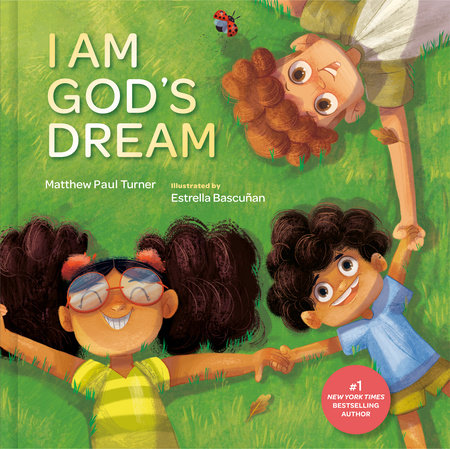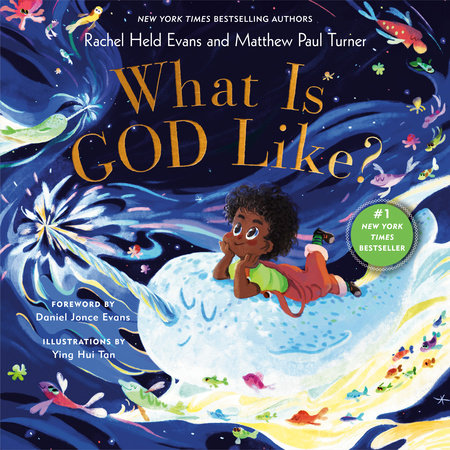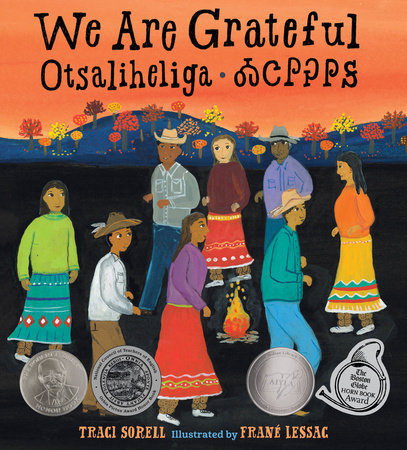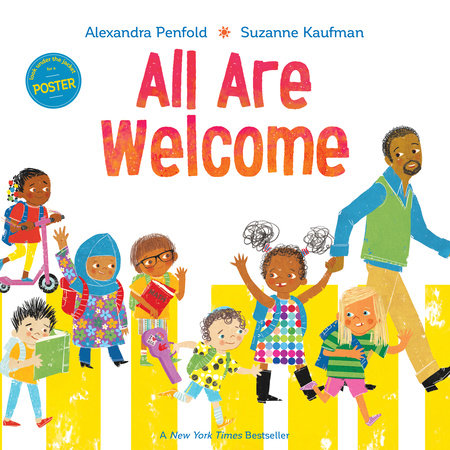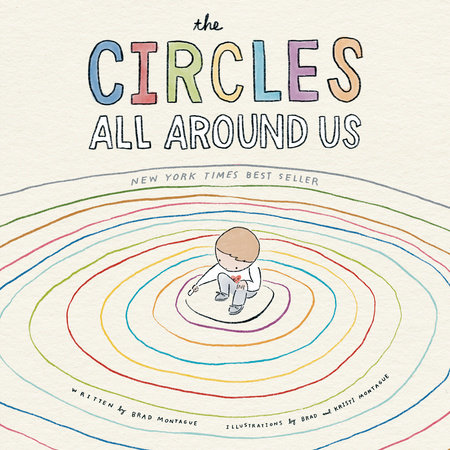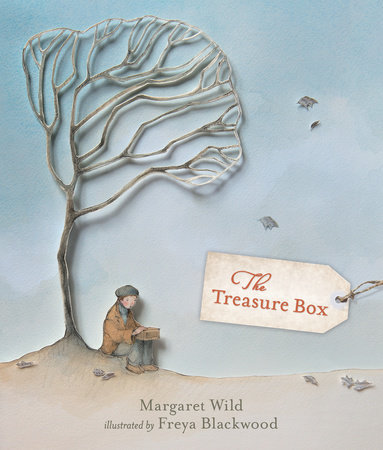4 Ways Books Improve Conversations With Our Kids
by Matthew Paul Turner
As a father of three kids, my days often fill up with short car trips taxiing them to and from social engagements, school functions, and soccer practices — so many soccer practices. But as my kids have gotten older, I’ve grown to love those car rides — at least, most of them.
During those car rides, something miraculous happens. We talk. My kids and I actually engage in conversations — we laugh, tell stories, and open up about life. When we’re all together in the car or when I’m alone with just one of my kids, driving them to a birthday party or a soccer game, those short trips around town turn into chat time with dad. And I love it.
We’re not always chatting about big, important things. Sometimes, we talk about school and friendships, chat about stuff like Animal Crossing or Oculus, and sometimes about sex and dating. We talk about whatever is on their minds. And once in a while, we tackle heavy and challenging things like war, equality, privilege, and racism.
While I don’t always have answers to their bigger, more critical questions, I approach each conversation with care and intention. Helping my kids navigate difficult realities while protecting their emotions and giving them space to dream and play without worry is an essential parental responsibility. My need to equip them with knowledge, stories, and intentional hope is equally crucial. So, more often than not, those car-ride chitchats lead us toward finding a good book.
Amid those conversations, books become my parenting saving grace. Here’s why.
Books empower kids with stories.
Stories are often our most potent weapon in the fight against injustice. They also help when kids begin wondering about their personal responsibilities to make the world better. A book gives us stories that wake us up and inspire us with ideas. A book can be a beginning or a continuation.
Books help kids feel seen and valued.
Representation in the books we read inspires our own stories and empowers our sense of belonging. And for kids, representation is even more critical. As our children grow up and learn about themselves, their bodies, and places in the world, a relatable story helps them to accept themselves.
Books help kids know and understand other people’s truths.
When kids engage in the stories of others, they have empathy for the histories, challenges, and injustices people experience. Empathy is a powerful conversation starter, and it’s often when genuine personal change begins.
Books inspire more conversation.
A conversation with one of my kids often leads us to find a book on the subject. That book leads us to chat more about whatever topic has piqued their interest.
Here are some of our favorite books that have sparked meaningful conversations for our family:

